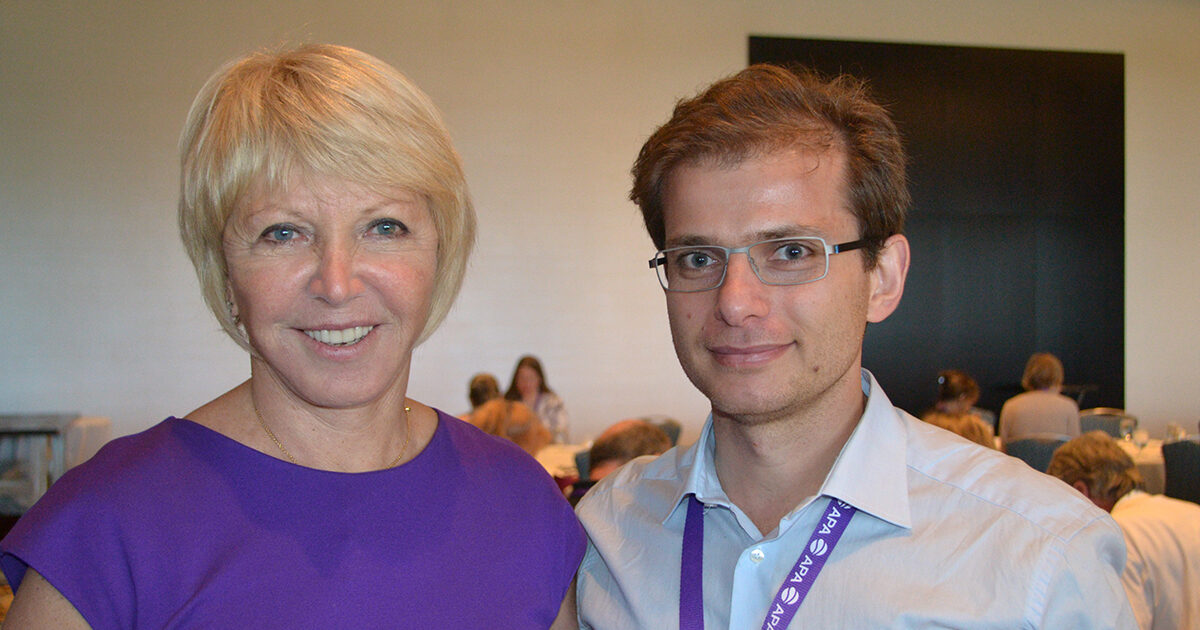Chronic pancreatitis is a known risk factor for the development of pancreatic cancer. However, the genetic alterations that cause this chronic inflammation and therefore predispose the patient to malignant transformation of the pancreas remain unknown. However, newly published research in Nature Communications by two-time Seed Grant Awardee, Alexandros Tzatsos, MD, PhD, has identified a protein that links chronic pancreatitis to pancreatic cancer.
Thanks to funding from the Hirshberg Foundation, Dr. Tzatsos’s lab has identified that defective response to DNA damage stemming from the loss of BAP1 (BRCA1 associated protein-1) is a common denominator in pancreatic cancer patients with a history of chronic pancreatitis. Their research found that pancreas-specific deletion of BAP1 in models led to genomic instability, tissue damage, the development of chronic pancreatitis, and cooperates with oncogenic KRAS to promote pancreatic cancer.
In addition to genetic alterations, epigenetic mechanisms are central to the development of pancreatic cancer and contribute to shaping the immunosuppressive tumor microenvironment that hinders the therapeutic efforts to fight cancer growth. At the molecular level, BAP1 regulates genome stability. Their research also unveiled that BAP1-deficient pancreatic cancer showed sensitivity to platinum-based combination chemotherapy, such as those in FOLFIRINOX, and irradiation. This suggests that BAP1 loss can be used to identify patients who are likely to have a better response to these therapies.
Dr. Tzatsos’s work is crucial to understanding the interplay of genetic and epigenetic alterations in pancreatic cancer while seeking to develop patient tailored therapies. We are hopeful that this new research can begin to stratify patients to better predict their responsiveness to specific therapies. Dr. Tzatsos thanked the Hirshberg Foundation and its supporters for funding this critical work.
With support from the Hirshberg Foundation, over the past three years the Tzatsos Lab has been awarded R01 grants from the National Institutes of Health (NIH). Our early funding of innovative research projects has paid off and led to larger grants!
Dr. Tzatsos was awarded a Seed Grant in 2012 and again in 2018 to study the molecular foundations of pancreatic cancer to help develop tailored therapies. Dr. Tzatsos and the Tzatsos Lab at the Cancer Epigenetics Laboratory at George Washington University Cancer Center studies epigenetic programs and how they interact with genetic mutations to drive the development and spread of pancreatic cancer.
Read the original paper at https://www.nature.com/articles/s41467-020-16589-8


